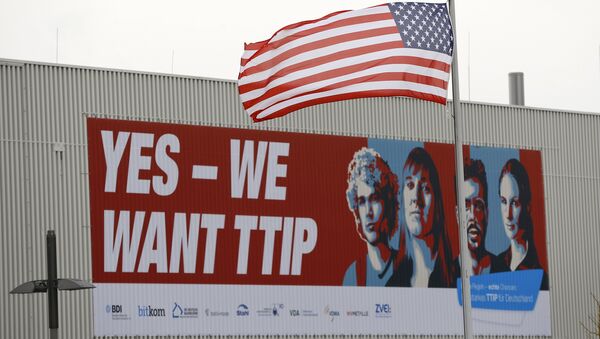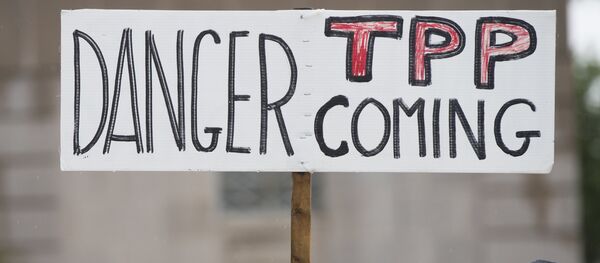This was stated by former foreign secretary of India Shyam Saran, who, during his stint in the Foreign Office, pushed through a civilian nuclear agreement with the US to establish a US-led system of global trade that challenges the sovereignty of nations.
He says that the TPP's curbs on State Owned Enterprises (SOEs) and indeed the state itself as an independent and autonomous dispute settlement body, curtail the sovereignty of nations.
Saran, a veteran negotiator, thinks that the US and a ‘Coalition of the Willing' are seeking an approach that is the very anti-thesis of multilateralism. They would eventually like to migrate the mega-trade deals into the WTO.
In February, 2016, Sushma Swaraj, the External Affairs Minister, had said:
"We hope that the Regional Comprehensive Economic Partnership and Trans-Pacific Partnership will not become competing regimes, but help in laying the foundation of an integrated economic community. I believe that yesterday's discussion in the business session on the impact of RCEP and TPP on ASEAN-India offered some interesting insights."
Saran says that since China wants to join the TPP, this may skew the process completely against India, as the former is the largest trading nation in the world.
He also advises that "More important than the question of India joining or remaining outside these emerging blocs is the issue of the competitiveness of the Indian economy in an increasingly challenging global economic environment." A more advisable path would be to improve the quality of Indian products and services and reduce the high transaction costs of conducting trade due to infrastructure lags; and complicated and procedural roadblocks.
These moves are likely to be more significant in safeguarding and promoting India's trade interests rather than membership of the mega blocs, Saran holds. He believes that India would do better to join organizations like APEC and thus familiarize itself with the procedures.


